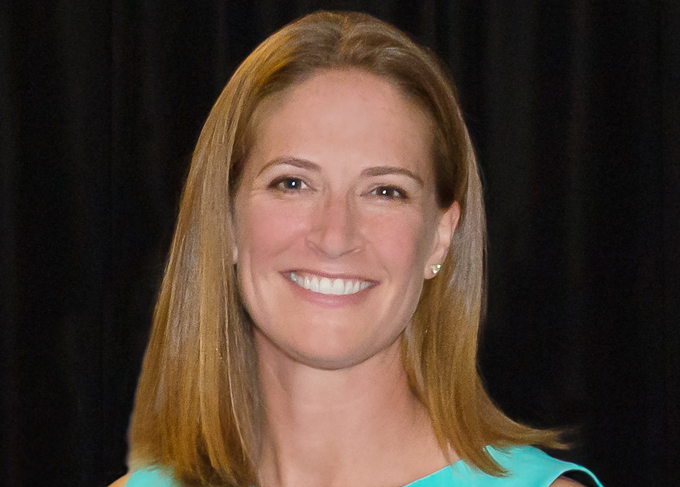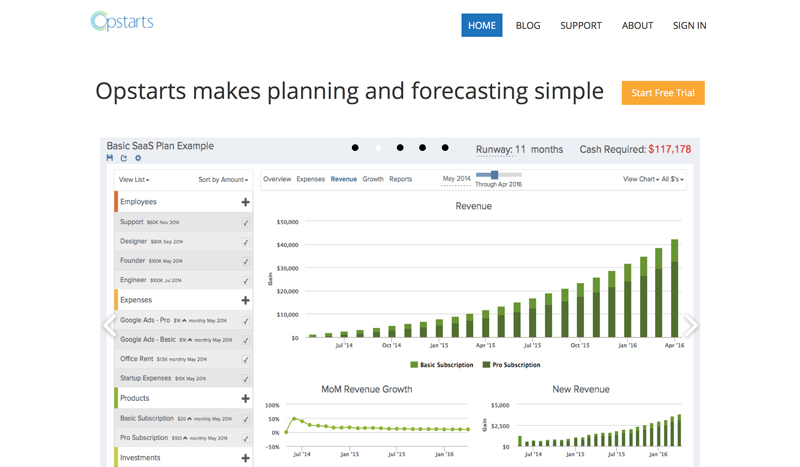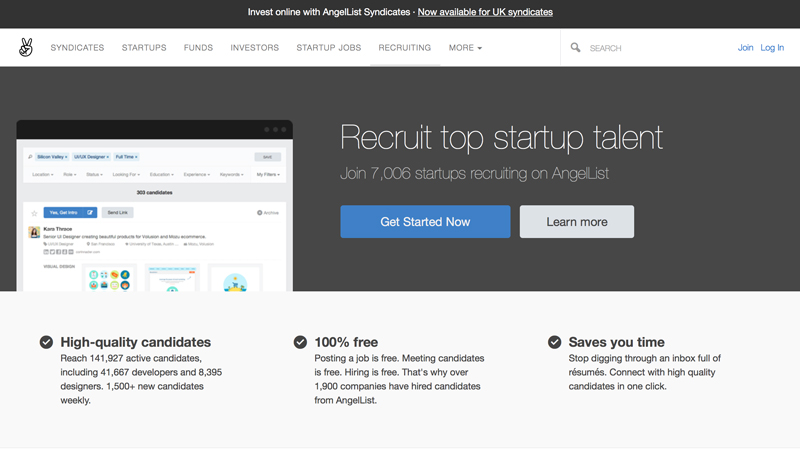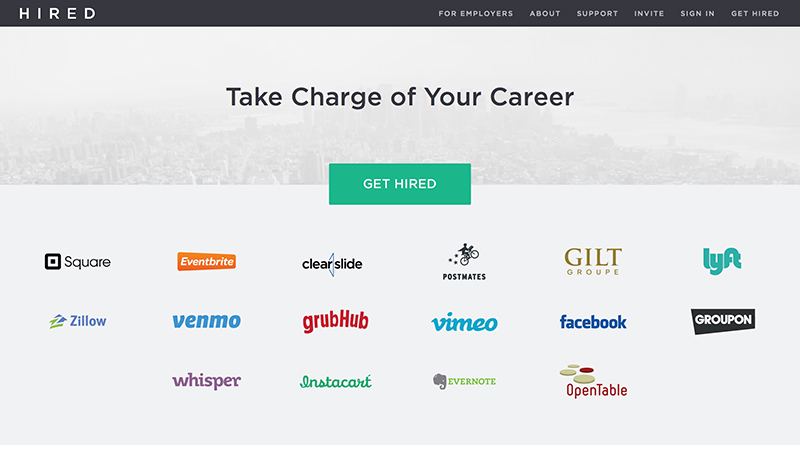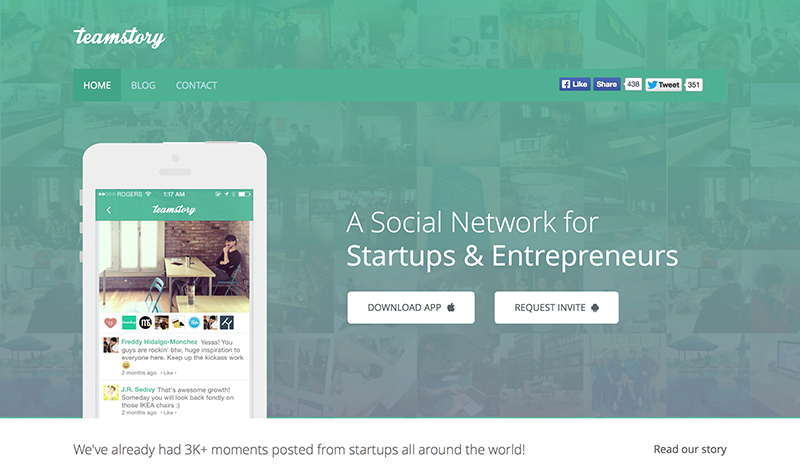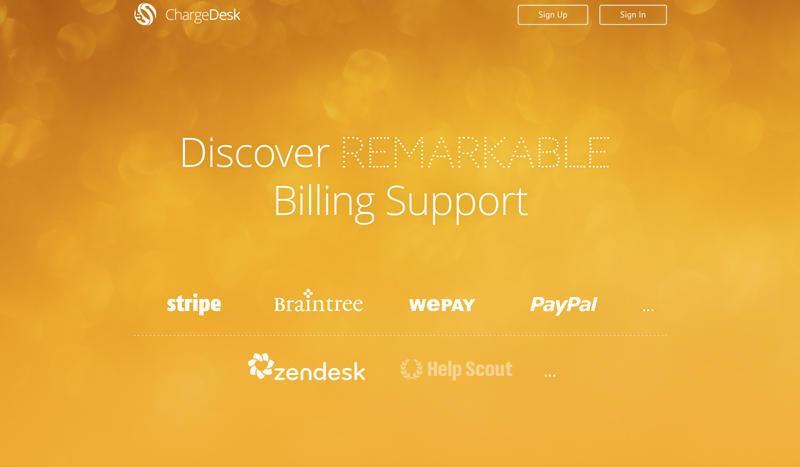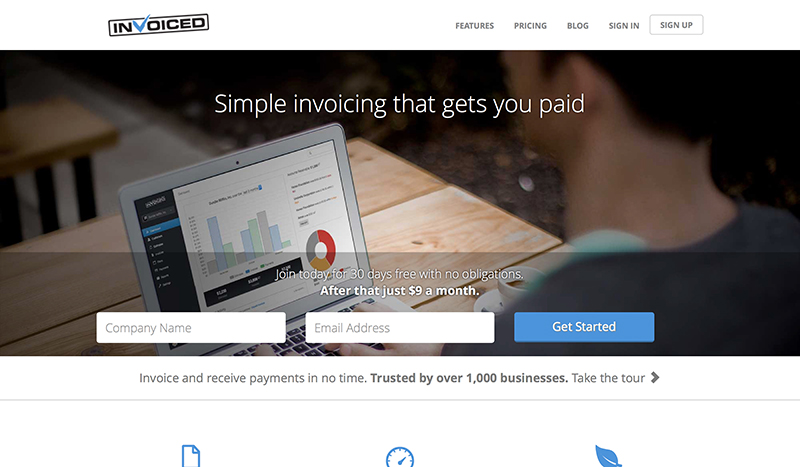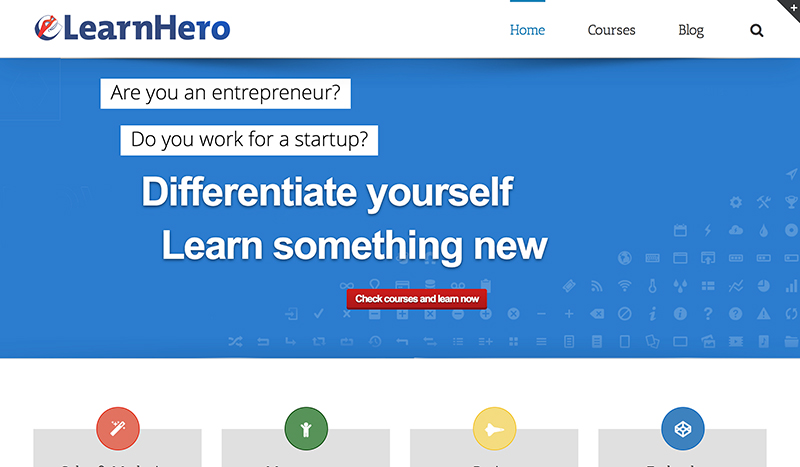Everyone you know is starting their own business – people from any age group: teenagers, adults in their 20s, 30s, 60s. And most people realize that going at it alone is a hard feat. This is when one brings up the issue of bringing in a partner, whether it’s to double the starting capital or to bring in a necessary set of skills you don’t have. And it’s a good plan actually.
Many successful businesses start off as partnerships, like Google’s Sergey Brin and Larry Page, Facebook’s founder Mark Zuckerberg and his four other co-founders. The founders have someone to share the trials and tribulations of opening a startup with, and it also helps with easing stress levels.
Then again, there are some traits that you do not want to have in a startup partner and for some of us, these warning bells do not ring as early as it should. Instead of studying what traits company founders look for in their partners let’s look at what traits there are that we should distance ourselves from instead.
Recommended Reading: The Essentials In Pulling Off Your Own Startup
1. You don’t want a partner who is all talk, but has no proven track record.
There are three types of people in the world: those who are good at talking and doing, those who are terrible at talking but are great at doing, and those who are great at talking but are terrible in doing things. I have met all three, and among them the most dangerous is the last one.
They will make you believe that everything is going to be alright, that everything is under control, and if you are unlucky enough to fall for their sweet talk, you will soon find yourself wondering who was the real fool.
When interviewing for a partner, be sure to ask for their resume or CV and have them explain what they did in their previous work, projects, and other ventures. It also wouldn’t hurt to verify the things they say.
In the current state of the internet, most things are already online. A red flag for a potential partner is that when you do a quick search for their name and little to nothing comes up in the results. If your prospect partner has been successful in one industry or another, there should be some digital trails of his adventures on tweets, Linkedin and Facebook posts, blog posts, news clippings, even a personal website, or a mention in a press release.
Just think about it. Just about anyone can start a website anytime and slap their face there under a different name then claim that he or she had been a web designer for 30 years. Seek out their credibility and make them authenticate their authority.
2. You don’t want a partner who is inconsistent.
Startups are always on the line. No time or resources can afford to be wasted. If your partner decides on doing one thing today, and another the next day, you should be worried. It’s okay if you have enough resources to "waste", sometimes it is inevitable, particularly if you are aiming for innovation. But while you’re still in the process of figuring things out, you need to be laser focused.
That’s also probably the reason why you are looking for a partner, so that two people can focus on two important and bigger things.
You can easily spot an inconsistent person by looking at their resume. Have they handled a couple of jobs in the span of a year? Have they jumped from one project to another? It would also be prudent to ask for character references that you can contact and talk to. Think of it as a feedback gathering exercise. If your would-be partner is consistent, things will check out.
3. You don’t want a partner who is bad At dealing with people.
It’s a big world out there and there are plenty of people who have no idea what is culturally acceptable and what is not when dealing with other people. For example, a friend of mine told me how their company’s new partner shouted at him while they were at a public place. Being a tall foreigner, he definitely stood out and people were looking at him funny.
The point here is, if your prospect partner doesn’t know how to deal with people, that’s already a red flag. If he can’t treat people right, it’s going to hard to get people to like him. If you are the only person this person respects, but he doesn’t extend that courtesy to people who work under you, that’s a warning sign to go find another partner.
To know what the real deal is, you can give your prospect partner a trial run, an entire month of working with you and the entire team just to see how well they work with people. This is important because if your company takes off in the future, it is only expected that your partner will deal with even bigger players in the field. And you don’t want to go around facepalming whenever your partner opens his mouth.
4. You don’t want a partner whom your employees hate.
Ok, maybe lacking a bit in social skills is still okay, but you have to pull the brakes when it results in people hating your partner. That’s a big no-no. You are building a team of superstars, not a film with a good cop and a bad cop.
You can easily spot a person whom your employees (current or future) will hate if you’ll just have them spend some time with everyone. Bring that prospect partner in, ask them to go around and talk to your current employees, eat lunch with everyone, and then at the end of the day ask your employees for their feedback.
This actually happened to me during my internship as a web developer. The company brought in an applicant, and at the end of the day, the manager asked us (employees and interns) to rate the person: if we liked him or not, and other comments. A multi-million dollar business actually took that into account. Why? Because they know that happiness in the workplace is crucial!
Things are going to be a lot harder to handle if you skip this, and brought in the partner anyways. There’s a post on reddit where by the user related how his co-founder was slowly derailing their company’s culture.
“My COO is starting to act like an a**hole with all new employees. He is giving them impossible deadlines for sometimes stupid demos for specific clients. He gets in their face and is always babbling and fighting with our CTO on how inefficient our new developing team is. […] Our culture is slowly derailing. I know I have time to correct but I can’t just fire him because he is the best at what he does.”
I don’t envy being in his position.
5. You don’t want a partner who has a lot of side projects.
It is understandable that skilled entrepreneurs will have at least a couple of projects going on at the same time, but if your prospect partner is not willing to sacrifice or loosen their leash on some of their projects to give more time to yours, take that as a sign that they are just treating you as another side objective.
Look for a startup partner who can dedicate a majority of their time working with you towards the same goals. In the same sense, you need to ask yourself what you are looking for a partner. Is it to bring in a new talent who will manage and cultivate a specific area in your company while you are busy on other parts of it?
Or is it so that you’ll have more time for yourself and other projects? If it’s the latter, then you might actually be the problem you are trying to avoid.
6. You don’t want a partner who has a bigger ego than you.
Every partnership starts with a tamed attitude. Both sides will be measuring up the other’s ego, trying not to force an idea too much, trying to be careful. And that is natural. It’s part of the process of becoming a team. But the problem lies when a big decision needs to be made, and both of you are on the opposing sides of the decision.
For example, you may want to lower your service’s pricing in order to get more clients, who would otherwise look for cheaper, offshore solutions, but your partner is against the idea because that would include lowering the company’s standards and even its image.
If your terms are 50-50 partnership, that means one can’t decide without the other. And if no one would relent, if no one is willing to compromise, if no one is willing to put their ego aside, that’s pretty much a failed partnership. The goal of partnering up with someone is to have someone pull you back to reality, to keep each other in check – not to dominate the decision-making process.
Here’s a good example of the troubles you may face if you team up with someone who has an abnormally big ego. It’s an interesting story of how hard it can get if you pick the wrong person.
Now, let’s go back to that 50-50 partnership.
7. You don’t want a partner who wants a 50-50 partnership.
There are different kinds of partnerships. There’s the "money partner" who finances everything while the "working partner" acts on everything, but the control and assets in the company is divided. Then there’s the "equal" partnership where both sides pitch in their money and time and work. It doesn’t matter what kind of partnership you form, the 50-50 kind is a bad idea. It’s a business killer.
60/40 is good, maybe even 52/48, but never go for 50-50. Being on the same "rank" is a recipe for disaster in the long run. There needs to be someone at the top who is at the very point of control and accountability, someone who has the final decision in everything. Even in sports there is a bigger authority aside from the teams that are playing, and that’s the referee. Without this, you’ll end up fighting if no one wants to compromise in order to reach a decision. There needs to be someone at the top, and there’s room for only one.
Here’s an example, a heartbreaking one, of a failed partnership. Kathleen King owned a successful, growing bakery in Southampton, NY. Since her homegrown, own-recipe bakery was growing exponentially, she decided to partner up with two brothers. They split the business evenly, that’s 33.33% ownership for each. Bad call. The brothers ultimately teamed up and kicked King out of her own business.
8. You don’t want a partner who agrees With everything you say.
Of all the things listed in this article, this is the most dangerous. While it is really nice to work with someone who you can agree with, the danger here is you might start believing that you can do no wrong. Everything you do is deemed correct – since no one is contesting your ideas and actions. This is called confirmation bias.
Another thing that falls in this category are the skills your prospect partner has. Don’t look for someone who has the exact same skills as you have. Look for a partner who can complement your skills. If you are good with content creation, find someone who is good at content marketing. If you can sell anything, find someone who can create great products. You get the idea.
Conversely, you shouldn’t just agree on everything your partner says. The rule here is that if everyone in the room agrees on one thing, there needs to be at least one person who will play the devil’s advocate.
Final Word
Building a business from the ground up is a mountainous effort, but you can cut this by half by bringing in a partner to your business, one who will complement you in ways that you are lacking, and vice versa. You just have to find that one (or a couple of them) who has the same level of conviction as you have.
In reality, it is difficult to find the perfect business partner. There are many variables involved and in one way or another, you’ll have to compromise when you’re choosing too. One thing is for certain, though, you need to keep each other in check and quite possibly have everything down in writing, all terms and conditions and stands and policies, all the works.
Now Read:
The 7 Deadly Sins of Entrepreneurs
8 Things You Don’t Want In a Startup Partner




